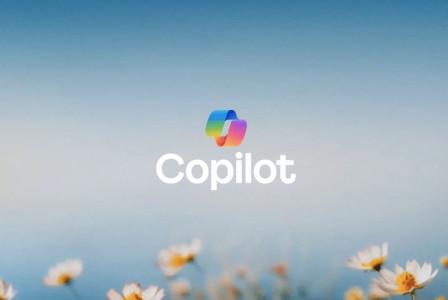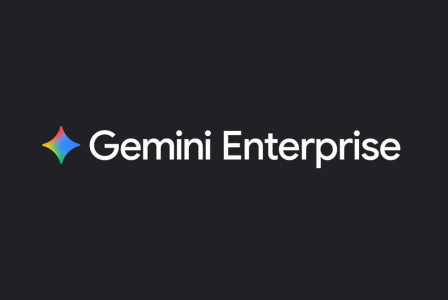SEARCH
Anthropic pushes the boundaries of AI-powered coding with Claude Opus 4

SHARE IT
Anthropic has officially launched the next generation of its Claude AI models, introducing Claude Opus 4 and Claude Sonnet 4 as part of its continued effort to lead in high-performance artificial intelligence. The company is touting Opus 4 as the world’s best coding model, while Sonnet 4 arrives as a significant upgrade over its predecessor, Claude Sonnet 3.7, especially in coding and reasoning capabilities.
According to Anthropic, Claude Opus 4 excels in agentic workflows and complex, long-duration tasks, positioning it as a top-tier solution for technical and research-intensive use cases. It is particularly effective in areas such as coding, scientific discovery, writing, and deep reasoning. Meanwhile, Claude Sonnet 4 is tailored for everyday applications, offering advanced performance for general use at a lower cost.
A key highlight of the launch is Claude Sonnet 4’s benchmark performance. It achieved an impressive 72.7% on SWE-bench Verified, a benchmark widely recognized in the AI community for evaluating coding models in agentic tasks. This performance has not gone unnoticed—GitHub announced that Sonnet 4 will now power the new coding agent in GitHub Copilot, demonstrating confidence in the model’s practical capabilities in real-world development environments.
Anthropic emphasized that both Claude Opus 4 and Sonnet 4 come with dual operational modes: one optimized for near-instant responses and another designed for extended, deeper reasoning. Developers can toggle between these based on their specific workflow needs—offering a flexible and efficient solution for a range of tasks, from quick replies to complex problem-solving.
While Claude Sonnet 4 is available to free users, access to the more advanced Claude Opus 4, as well as full support for extended thinking, is reserved for Pro, Max, Team, and Enterprise plans. Both models are now accessible through the Anthropic API, Amazon Bedrock, and Google Cloud’s Vertex AI, signaling broad availability across major enterprise-grade cloud platforms.
Interestingly, despite the performance improvements, Anthropic has not adjusted pricing. Claude Opus 4 is priced at $15 per million input tokens and $75 per million output tokens, while Claude Sonnet 4 comes in at $3 per million input tokens and $15 per million output tokens. This pricing model positions the new generation competitively, though it may still be cost-prohibitive for smaller teams depending on scale.
In addition to the new models, Anthropic announced significant updates to Claude Code, its developer-focused toolset. These include support for background tasks using GitHub Actions, and native integrations with development environments such as VS Code and JetBrains IDEs. These enhancements aim to streamline workflows and improve developer productivity by embedding Claude’s capabilities directly into commonly used tools.
Moreover, the Anthropic API has received upgrades that enhance its coding utility. New features include a code execution tool, the MCP connector, support for Files API, and a prompt caching capability that retains prompts for up to one hour. These additions further solidify Anthropic’s position in the competitive landscape of AI tools designed for developers and technical professionals.
With the release of Opus 4 and Sonnet 4, Anthropic continues its push to deliver state-of-the-art AI solutions tailored for both enterprise-level innovation and everyday productivity. As demand for intelligent, code-savvy models grows, these new offerings mark a significant leap forward in delivering practical, high-performing AI to users across the spectrum.
MORE NEWS FOR YOU

 Help & Support
Help & Support 

